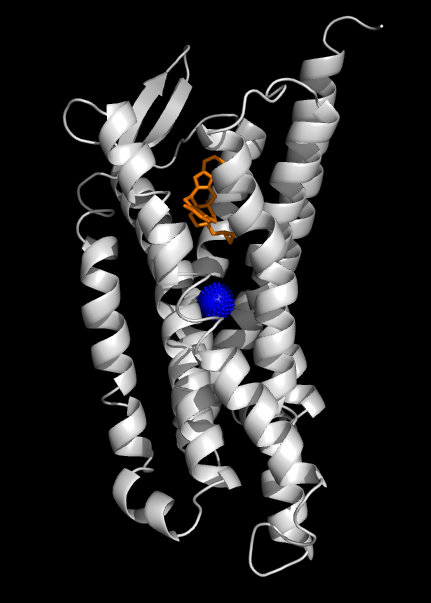New targeted therapies for pain, Parkinson’s disease, and depression carry the promise of greater benefit for patients without serious side effects.

Scientists at the UNC School of Medicine and The Scripps Research Institute have discovered how salt acts as a key regulator for drugs used to treat a variety of brain diseases including chronic pain, Parkinson’s disease, and depression. The finding, published online January 12 in the journal Nature, has cleared the way for more precisely targeted therapies for a host of diseases with the potential of fewer side effects.
“There’s a reason why certain drugs, for instance, work well for some people but not others and why those drugs can cause serious side effects, such as seizures, addiction, and death due to overdose,” said Patrick Giguere, PhD, co-first author of theNature paper and UNC pharmacology postdoctoral fellow. “The reason is that we haven’t known the precise biological markers for those drugs.”
Markers represent the biological abnormalities that drugs aim to treat. Currently, many approved drugs –including morphine, oxycodone, and heroin – target opioid receptors, which use a variety of pathways to transmit chemical signals in the brain. “These drugs activate all of the receptor pathways,” Giguere said. “None of them modulates just one pathway.”
This ability of opioid medications to indiscriminately target receptor pathways is likely responsible for the beneficial and harmful effects associated with these addictive and commonly abused medications.
But now, Giguere and colleagues found a way to modulate just one pathway. They discovered that tweaking specific amino acids – the building blocks of receptors – can drastically change how opioid receptors control chemical signals.

The finding offers a way to create more precisely targeted therapies with the potential for enhanced beneficial actions and fewer side effects. And since the opioid system is key for many brain processes, drugs that target these receptors could be useful for many diseases, including depression, chronic pain and Parkinson’s Disease.
(~exerp from UNC School of Medicine press release, January 12, 2014, by Mark Derewicz,)
